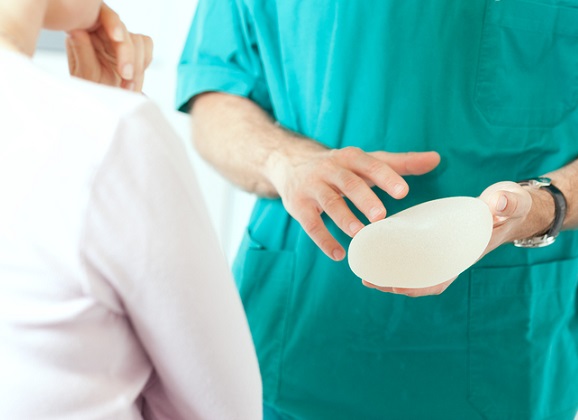Perhaps you are catching up with your girlfriend and you casually mention that you’ve had your breast implants for a little over ten years now. She looks at you like you’re crazy, informs you that they are probably rotting away inside you and asks  “when the heck you are getting them out?” Say what?
“when the heck you are getting them out?” Say what?
There has been a lot of talk recently about when is the right time to switch out breast implants and how long they last. We need to separate the two issues.
First of all, let’s talk warranties. Most implant companies have a lifetime product warranty, meaning that these products are designed to last. When you purchase the implants, the warranties clearly state that the company will guarantee their product usually for your lifetime in the event of deflation or rupture due to a loss of shell integrity. This means, if you rupture the implant, the cost of the implant will be covered. Additionally, warranties usually give you a specific dollar amount of reimbursement for the cost of having the replacement surgery. You can even purchase a better warranty for a little bit extra that will give you more money towards the cost of surgery should you ever need it.
Next, let’s address longevity of implants and your body. There is no long-term effect of having an implant in your body. They do not have to be replaced at 10, 15 or 20 years just because they are that old. This is a common misconception. That being said, the implants can rupture at any time, cause capsular contracture (hardening of the tissue around the implant and distortion of the breast), or leak.
Contrary to popular belief, a leaking implant will not harm you. Although you probably will not like the way it looks with one side being “deflated,” the implant is not required to come out. If the capsule around the implant becomes hardened, you will feel and see a difference.
Capsular contracture can possibly occur after a month or even after twenty years. This is not a defect in the implant, rather just your body responding to the implant. This will not feel good or be aesthetically pleasing so if this were to happen, you likely will want to have a breast revision surgery and replace the implants.
This topic comes up all the time. The bottom line is if you are not having any problems at all with your implants then you need not do anything. Time is not necessarily the most important factor but keep in mind implants are man made devices and at some point in your life they may fail. Always seek advice from a board certified Plastic Surgeon if you are having problems with your implants and they will be able to guide you through the proper care.
Know your options. Understand your warranty. If you are happy with your breast augmentation implants and everything looks and feels good, keep enjoying the results.
 Dr. “Rick” Brown is a leading Plastic Surgeon in Phoenix, Arizona. He is double board certified in both General Surgery and Plastic Surgery. He is originally from Atlanta, Georgia where many of his family members still reside. Dr Rick would be happy to answer any questions you may have about the shelf life of breast implants and other issues involving plastic surgery.
Dr. “Rick” Brown is a leading Plastic Surgeon in Phoenix, Arizona. He is double board certified in both General Surgery and Plastic Surgery. He is originally from Atlanta, Georgia where many of his family members still reside. Dr Rick would be happy to answer any questions you may have about the shelf life of breast implants and other issues involving plastic surgery.

















